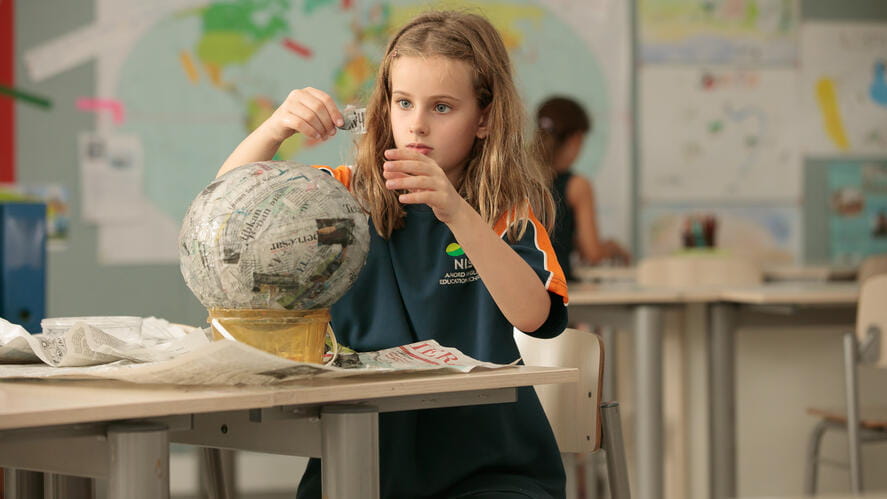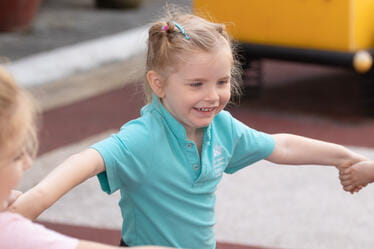Child-directed speech is the way a person's linguistic characteristics alter when speaking to an infant or toddler. This style of speech tends to be slower, with exaggerated intonations, a higher pitch range and longer pauses than regular speech.

Child-directed speech is the way a person's linguistic characteristics alter when speaking to an infant or toddler. This style of speech tends to be slower, with exaggerated intonations, a higher pitch range and longer pauses than regular speech.

Child-directed speech is an inherent human characteristic that allows caregivers to communicate with infants and toddlers. Studies from around the world have shown that child directed
speech happens cross-cultural when mothers interact with their babies. A 2017 study reported that even children around the world adjust their tone and speech when interacting with a baby or younger child.
Researchers from Stanford University, California found that children exposed to greater levels of child-directed speech at 19 months of age had a higher level of language processing skills, as well as vocabulary, at 24 months of age.
Findings from research indicate that a child's expressive language at as young as two years of age can predict language and literacy outcomes over the next nine years of life, including: reading comprehension; vocabulary; letter identification and phonological awareness. Furthermore, one of the most powerful predictors of a child’s ability to learn to read and write is vocabulary size at 5 years.